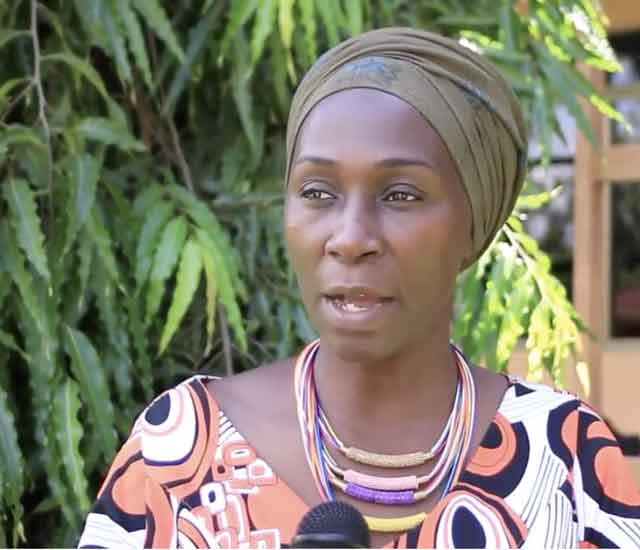
Kampala, Uganda | THE INDEPENDENT | Severe effects of the COVID-19 pandemic on the performing arts sector in Uganda has revived a debate on copyright, patent rights and royalties enable artists and entertainers earn from their work.
The music industry is intrinsically linked with large audiences and live performances which have made it practically impossible for artists to earn during the lockdown since they can no longer organize events in the wake of a government ban on public gatherings.
Recent estimates by the Ministry of Gender and Social Development showed that artistes across the creative value chain had lost at least 150 billion Shillings in income for the first two months of the lockdown occasioned by the COVID-19 pandemic. The loss covers those in creation, production, distribution, and marketing.
Sophie Gombya, the chairperson of Uganda Musicians’ Association, shares that the lockdown has cast doom on the industry, turning artists into paupers at a time when their major two income streams are blocked. All they can do as an association is to mobilize some food relief packages which they have given out mostly to artists behind the limelight.
However, Jackson Kamuntu, a lecturer in the Department of Performing Arts and Film at Makerere University, says that it is so sad to see artists crying for help yet many other people are commercially benefiting in their efforts.
Kamuntu says money obtained from gigs is so less compared to that lost in royalties from people who commercially use their work. He pointed out radio and television stations, online platforms, and telecommunication companies among others.
Moses Ssali, popularly known by his stage name Bebe Cool notes that COVID-19 lockdown has presented an opportunity to the musicians and other entertainers to see how they have either been ‘stupidly’ cheating themselves or have been cheated when they accepted to go away with peanuts from events. He says musicians need to adopt new ways to monetize music consumption.
The Uganda Performing Rights Society-UPRS is mandated to collect royalties of artists through licensing agreements with music users. These licenses cover all kinds of music use, whether it’s for digital, broadcast or public performance. Royalties are then paid to members when their music work is performed, broadcasted, streamed, downloaded, reproduced, played in public or used in film and TV.
According to the UPRS website, registered artists should be given these royalties with a base fee of 200,000 Shillings before factoring in the rating obtained by given content. However, artists have over the years pushed to get these monies in vain. Many struggles to get airplay at radio and stations, televisions at no cost, but as an advertisement for their talent and live performances.
Kabiito Karamagi, the acting Chief Executive Officer of UPRS, notes that they are trying to iron out institutional challenges and ensure that artists earn from their content. He, however, adds that the discussion on royalties and operationalisation of copyright laws should not be limited to the COVID-19 lockdown.
Karamagi shares that URSB is currently developing systems that will enable them to monitor broadcasters and other people who commercially use artists’ content so that hey compel them to pay.
********
URN
 The Independent Uganda: You get the Truth we Pay the Price
The Independent Uganda: You get the Truth we Pay the Price





